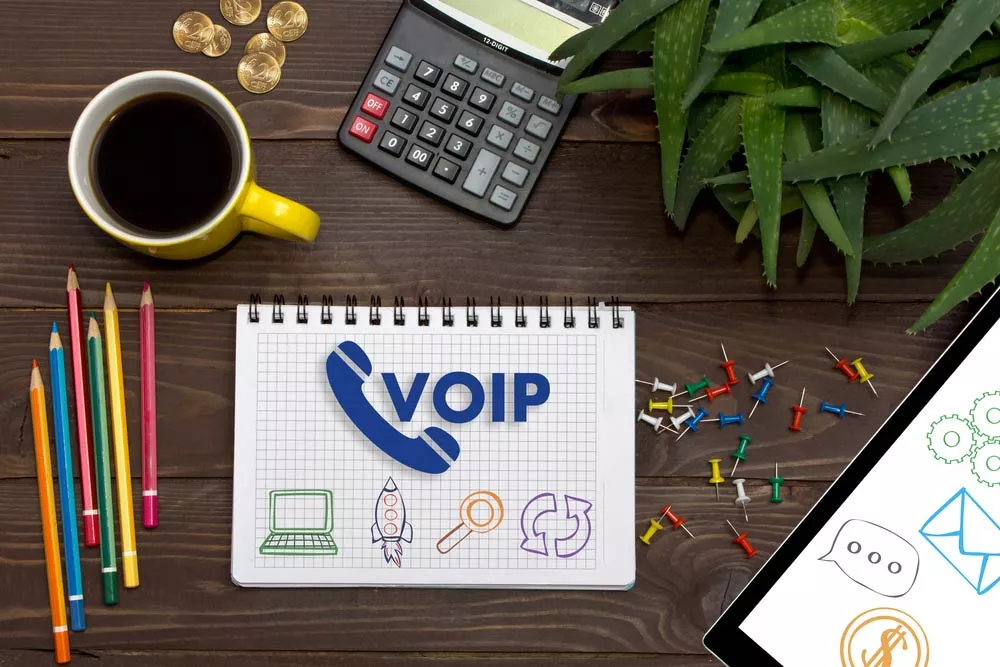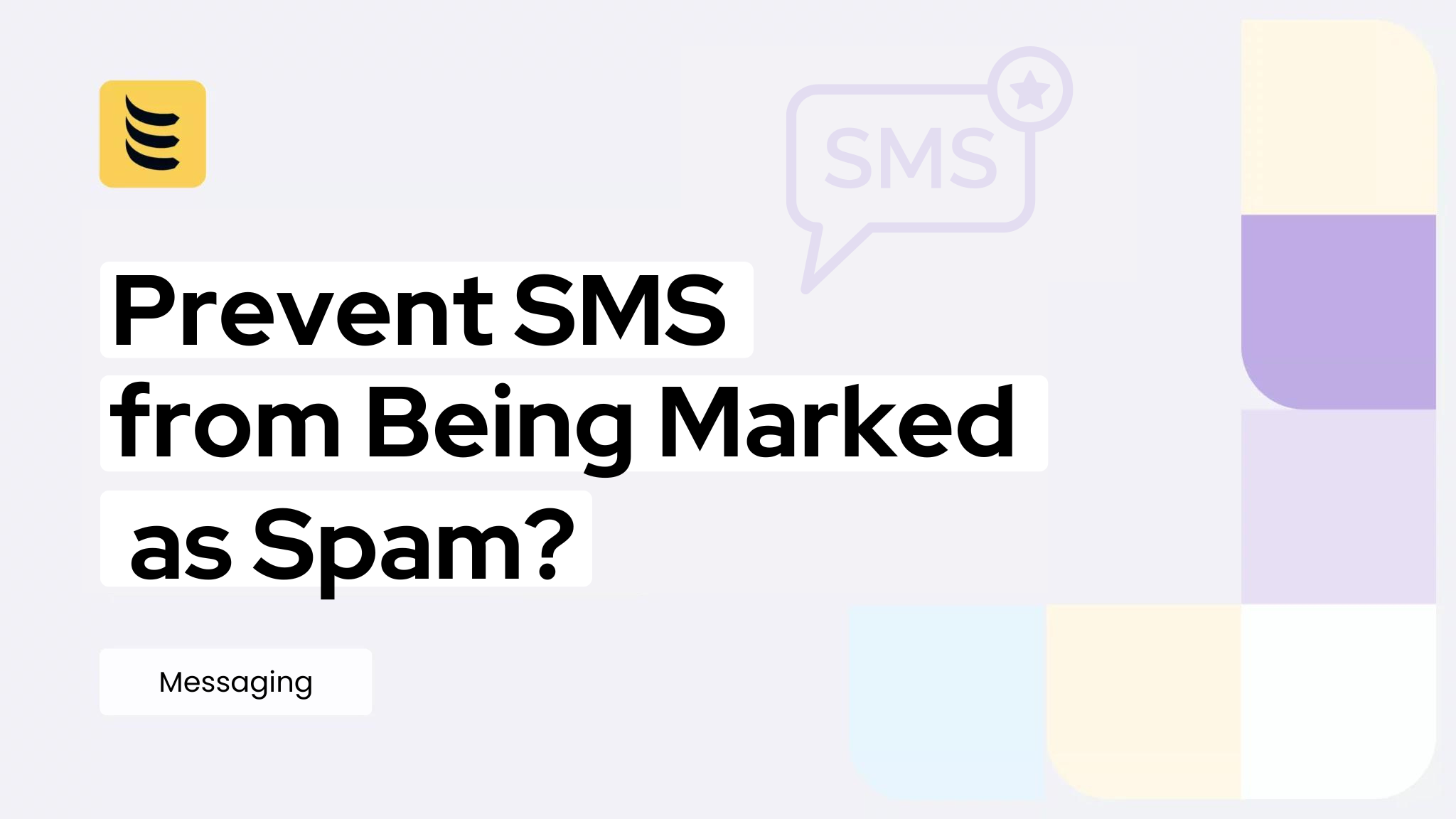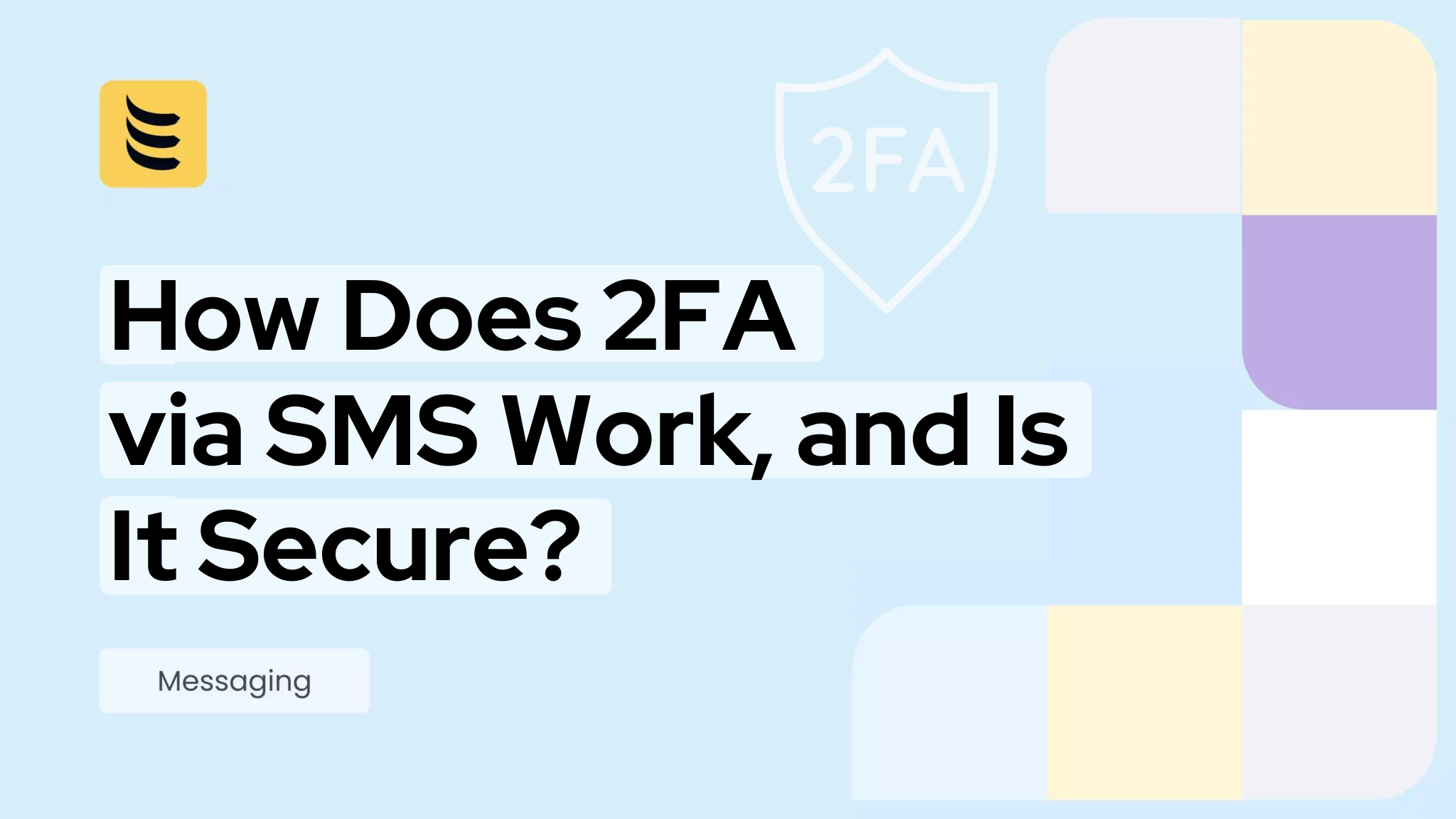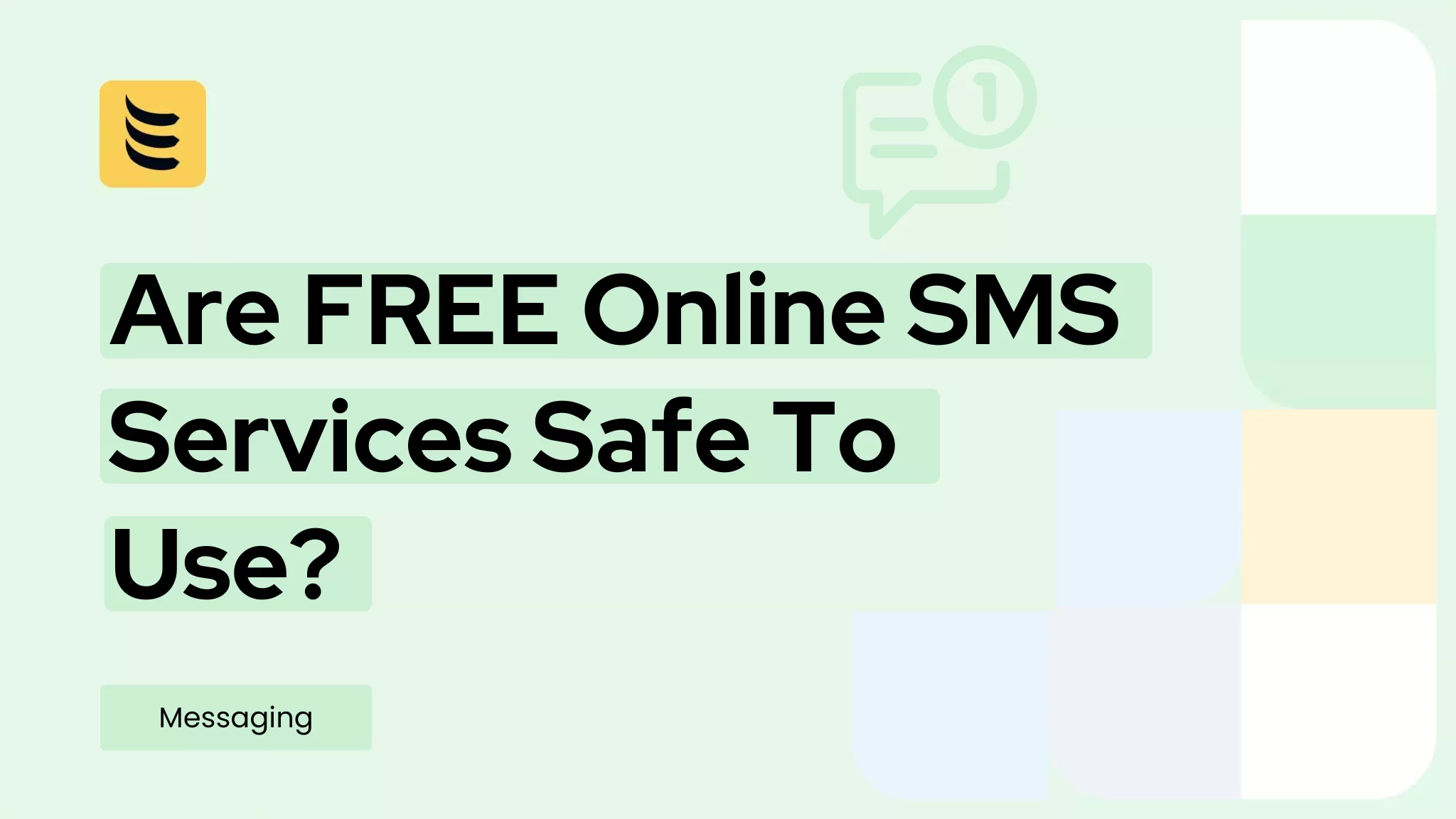VoIP is still quite young in the telephony world, but it’s increasingly popular with both business and home users, given the substantial cost savings and beneficial features it delivers.
Among other benefits, VoIP allows employees to telecommute, and is much more cost-effective than traditional PSTN service. It also makes it possible for users to forgo boardroom meetings in lieu of conference calling and make calls from any enabled device using the same number, eliminating the need for multiple lines and DIDs (Direct Inward Dial numbers).
This allows customers and other contacts to call someone directly, without the need for a separate external phone line (also known as a “trunk line”) or a complicated extension system. When you buy DID numbers, you provide convenience for everyone, while simplifying your entire business communications system.
DIDs are Cost-Effective
When you buy DID numbers, you can streamline your operation, as multiple business locations and devices (including mobile phones) can be seamlessly connected, no matter where they are in the world. In addition, doing so ensures that fewer calls need to be handled via an operator or IVR (Interactive Voice Response menu), minimizing confusion and missed connections.
The quantity of DID numbers your company purchases doesn’t have to equate to the number of lines in use. For example, if you have 12 lines on your system, this allows 12 calls to take place simultaneously. However, you can have a greater number of DID options. If you have 25 employees, they can still each have their own number, despite only having 12 lines on the system. This cuts down on your telecommunications bills and can eliminate the need for onsite telephony equipment and physical phone lines.
Even if you’re experiencing a higher than usual call volume and all 12 lines are in use, anyone dialling in can be diverted to a voicemail system, rather than getting a busy signal. This feature allows staff to receive their calls and messages in a timely manner, with messages delivered directly to their inbox when they’re away from their desks. Depending on the VoIP services your company uses, team members can even receive their voicemail as email messages.
In addition to providing a specific number for each staff member, when you buy DID numbers, they can also be used to give devices such as fax machines their own number without the need for another physical line.
DIDs Work Seamlessly with VoIP
Building on this, while DID has been a common feature of PABX systems for a while, many businesses are now turning to VoIP-based systems to take advantage of the lower costs and extra flexibility that they provide.
When callers dial in from conventional PSTN phones, they’re still able to call extensions of the VoIP system directly. This is because the DID numbers are assigned via a gateway, providing a bridge between the PSTN and VoIP networks. This gateway allows calls to be routed between the systems, so that calls from PSTN phones to DID numbers are sent to the appropriate phones or devices.
On a PABX, using a DID requires an ISDN line and a range of numbers rented from the service providers. VoIP and PABX-as-a-service systems are somewhat simpler to implement, since the technology operates using your existing internet connection. You don’t need a digital line, but you still rent the DID numbers from a service provider.
DIDs are Convenient: Never Miss an Important Call
DID numbers are tied to individuals, with the added benefit of enjoying common exchange services, including voicemail and automatically rerouting calls (such as when someone is on vacation or the number is busy). The DID can also be easily switched to another workstation when employees move within the office or to a satellite location.
Using a VoIP system also makes it easy to divert calls between devices. This means that employees can have calls to their DID number diverted to their mobile devices when they’re away from the office.
This is a huge benefit to sales staff and mobile service engineers, ensuring that they receive important calls and messages in a timely manner and can easily connect with clients to schedule appointments and close the deal as needed, on-the-go.
Imagine that you’re a manager at a company that employs sales reps and mobile service engineers. Maybe, in the morning, you call Pam – a sales associate – on her DID. At the time, she’s in her office, preparing proposals and updating her sales funnel and client information in your company’s CRM. Later, if you dial her DID again, it may come through on her cell phone as she’s out handling sales calls and meeting on-site with prospects.
Perhaps, while you’re chatting with Pam, you discover that you have a question about a scheduled installation, so you call Bruce – a mobile service engineer – on his DID. Because Bruce is out doing repairs at a client site, his DID forwards directly to his company-issued mobile phone. You leave him a message and, in 10 minutes, he calls you back as he’s getting ready to leave the site.
Later in the day, the entire team may need to join in for the weekly conference call with the company’s senior partners. You, Pam, and Bruce all dial the DID for the president over at the Chicago office, and soon, everyone is chatting effortlessly via video conference.
As you can see, the possibilities associated with DIDs are practically endless. You could buy DID numbers to assign to different marketing campaigns and track how many calls come in as a result of each. You could even customize the numbers to appear as if they were local numbers, since customers will be far more likely to contact a local number than a toll-free or long-distance number.
Have any other questions about why your company might want to buy DID numbers? The team of experts at IDT Express is more than happy to walk you through the potential benefits and use cases. Contact us today, or sign up for a free trial.




